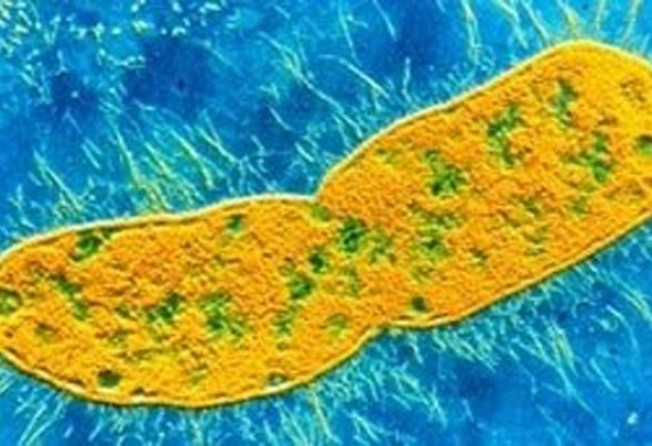Hong Kong has right conditions for outbreaks of drug-resistant superbugs
New Delhi strain found at Princess Margaret Hospital in August so far defies treatment by most effective drugs available to medicine

In August, Princess Margaret Hospital reported the second case of the New Delhi metallo-beta-lactamase (NDM-1) Enterobacteriaceae, a lengthy name for a microbe that can simply be called a superbug.
NDM-1 Enterobacteriaceae refers to a family of gram-negative bacteria that are resistant to almost all available antibiotics. Metallo-beta-lactamase is an enzyme produced by these bacteria that negates the effects of virtually all known antibiotics, including carbapenems, a class of antibiotics generally regarded as the last resort for this sort of infection. In essence, these bacteria are virtually indestructible.
They were first identified in 2008 in a Swedish tourist who fell ill in the Indian capital. By March this year, the US Centres for Disease Control (CDC) had reported 13 cases in the United States. The medical literature is now replete with case reports from around the world, including the UK, Canada and Japan. Hospitals, infectious disease centres and doctors have since been placed on alert and drug research switched into high gear to make preparations should an outbreak occur.
On a micro level, the gene for NDM-1 is found on the DNA strands called plasmids within the bacteria, which can easily be transferred from one strain of bacteria to another. Gram-negative bacteria can be the cause of almost any infection ranging from wounds to those of the urinary tract, lungs, gastrointestinal tract and central nervous system.
Thus, transmission can occur from fluids from any of these organ systems. The clinical symptoms can range from being completely asymptomatic to full-blown infection leading to overwhelming sepsis, a medical condition characterised by inflammation of the body against a pathogen.
On a community level, spread of the superbug is boosted by overpopulation, a humid climate, and most importantly, indiscriminate use of antibiotics. As a travel hub. Hong Kong is at risk.
Because treatment is so difficult, prevention is key in keeping catastrophe at bay. In this, every party, especially hospitals and healthcare professionals, have a role to play. There should be an increased awareness and systematic screening of patients admitted to hospital, especially those with a history of travelling abroad.
In the event of suspected or confirmed cases, extensive infection control precautions such as including isolation in single rooms and enhanced cleaning must be promptly instituted. Generally, hospitals and nursing homes should have institution-wide guidelines and surveillance on judicious antibiotic use.
Patients who are diagnosed with infections should avoid close contact with others until well after the recovery period. The mere act of effective and frequent hand-washing and proper hygiene go a long way in preventing gram-negative and many other infections.
NDM-1 as well as other emerging antibiotic-resistant bacteria are a direct result of widespread antibiotic use. When the colonies of bacteria that are sensitive to antibiotics are killed, colonies that possess the resistant genes then dominate in a Darwinian fashion.
The above measures are by no means revolutionary, but they have been proven effective in preventing the spread of bacteria in the past and, hopefully, will be successful against the super-resistant NDM-producing cousins.
Unfortunately, we may be entering a post-antibiotic era in which infections by some superbugs may be resistant to all treatment.
Dr Ernie Yap practises internal medicine in the United States